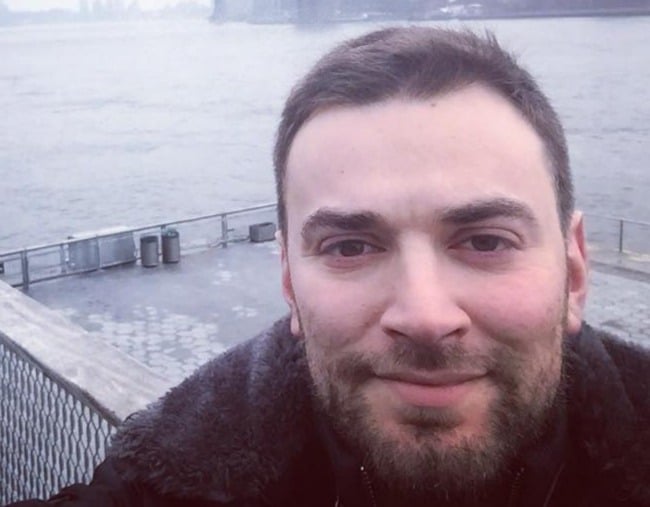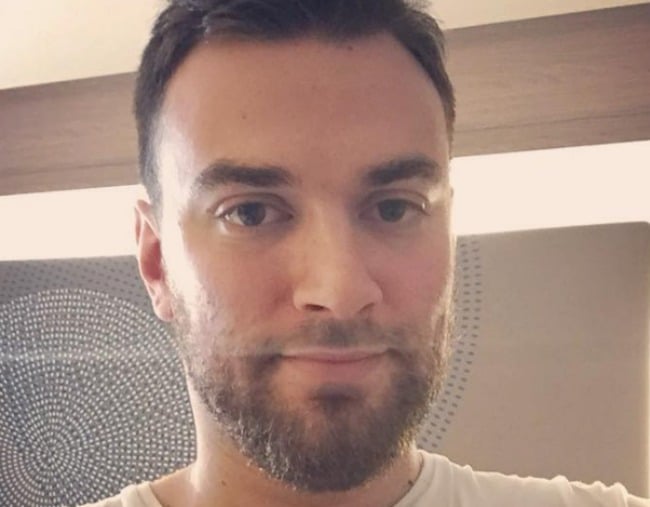
Content warning: This story deals with suicide and may be triggering for some readers.
Sunday 13 January 2008
I can’t stay in this place.
But I can’t stay at home. I’m just going insane.
Why can’t they just declare me insane? That’s what I am.
G-d, why on earth did you put me here? My mind won’t
be still. Why give me this brain? This pained and agitated
brain? I’m back at square one, in the mess I came in.
Take out these veins of mine,
And stop the blood flow to my head,
Then maybe all the voices will go to sleep,
And I will fall into my bed.
Diary entry, 13 January 2008
On a gloomy, drizzly winter morning in January 2008, I found myself standing on the edge of Waterloo Bridge, determined to end my life. I had hatched a detailed plan the night before and travelled to the busy commuter bridge at the first opportunity. It was a mind-numbingly normal hospital morning: woken up at 7 for meds. Saw psychiatrist at 7.30. Breakfast at 8. Straight afterwards, I told the nurse on duty that I, a non-smoker, needed to go outside for a cigarette. As soon as she let me out of the secure door into the grounds, I ran as fast as I could to the station and jumped on the first train up to London. And then headed to Waterloo Bridge.
Most of my memories of that day are hazy. Many have been pieced together years later. But what I remember most is the overwhelming, desperate need to find peace, and my conviction that the bridge was my only way out. Anything to stop that pain, a pain so intense and unbearable that it left no room for any thoughts beyond the need to end it. Somewhere through the thick fog of my despair, I remember thinking that I didn’t want my family to feel guilty. But equally, I didn’t want to admit to anyone how I was really feeling, or to see their faces and their reactions when I told them that I didn’t want to live any more.

